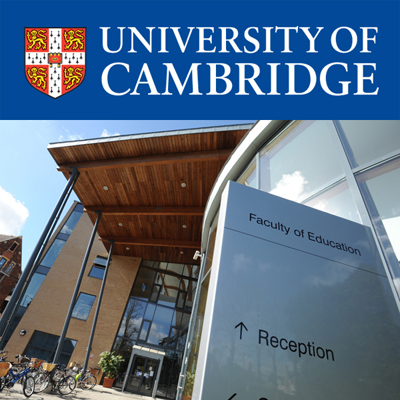Evolving child welfare policies in Central Asia after the independence: The case of Kazakhstan
Duration: 44 mins 8 secs
Share this media item:
Embed this media item:
Embed this media item:
About this item

| Description: | Seminar on evolving child welfare policies in Central Asia by Anel Kulakhmetova, PhD Candidate at the University of Cambridge |
|---|
| Created: | 2013-06-07 15:19 | ||
|---|---|---|---|
| Collection: | Kazakhstan programme open seminar series | ||
| Publisher: | University of Cambridge | ||
| Copyright: | Anel Kulakhmetova, PhD Candidate at the University of Cambridge | ||
| Language: | eng (English) | ||
| Keywords: | Childhood; Citizenship; Welfare Policy; Kazakhstan; | ||
| Credits: |
|
||
| Abstract: | What is a child? When does childhood begin? When does it end? And who is a child? There is no universal answer to these questions, because perceptions of children, childhood and their place in society change over time and space. Even today childhood is often treated as a preparatory stage for adulthood and citizenship, which implies that children are merely 'becomings' and not 'beings' or full citizens. There are two major discourses in the history of childhood: the first is romanticizing children, while the second is assuming that they need to be civilized. How did these discourses evolve during the Soviet Union time? Was one more prevalent than the other? What is their influence in modern Kazakhstan?
|
|---|---|

